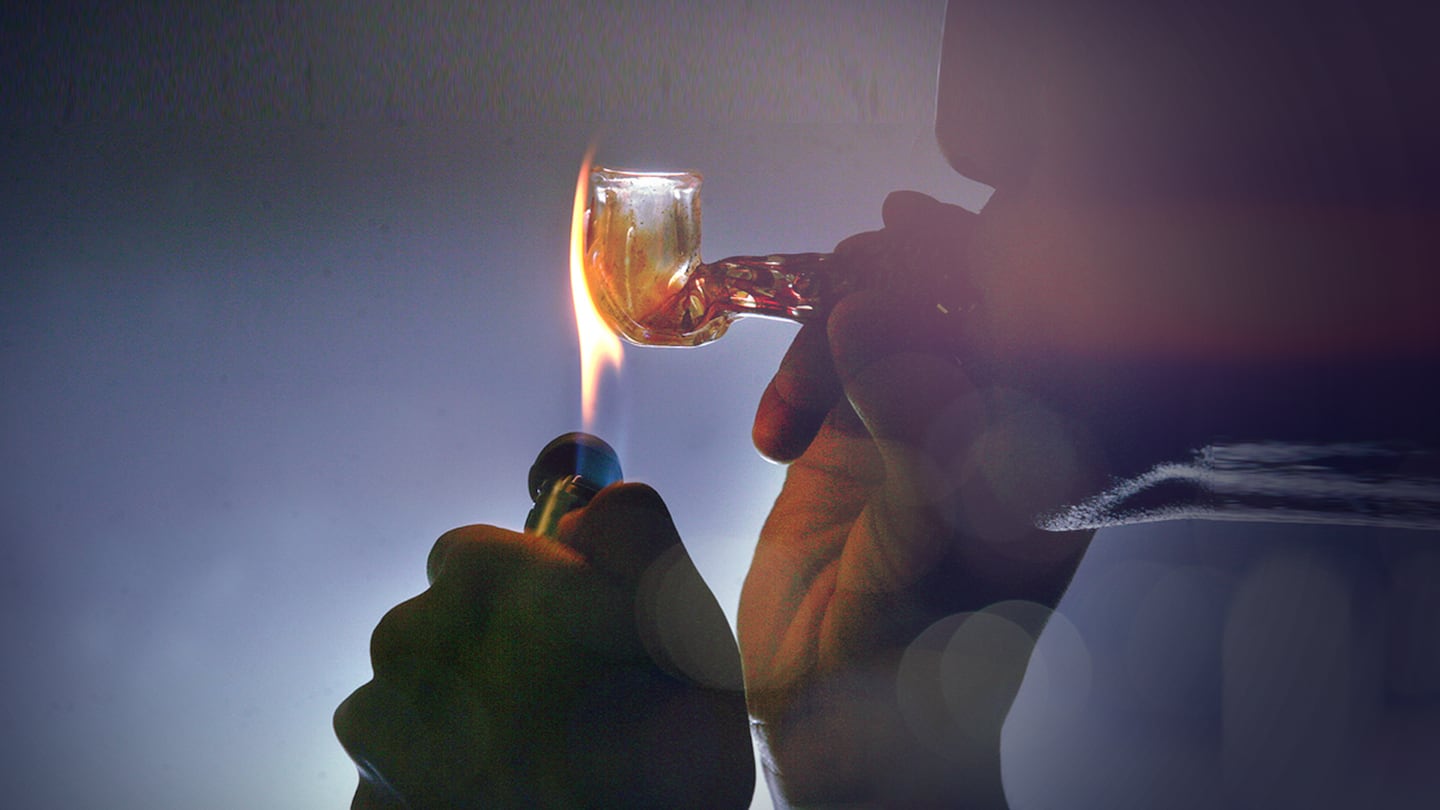A new Auckland University study plans to find viable therapies for Māori meth users.
The study will recruit volunteers, 50% of them Māori, and will use culturally appropriate approaches.
Methamphetamine use is prohibited; therefore, its rates are unknown;. However, it is thought to be the second most often used illegal substance after cannabis.
Pamela Armstrong (Ngāti Whātua, Ngāti Wai, Ngāpuhi), who is part of the study leadership team, says the key to everything is the collaboration between iwi and non-government organisations in the addiction sector to make sure it is spread as far and wide and to make it as accessible as possible.
“We know Māori have been significantly impacted by methamphetamine; sadly, we’re overrepresented in all of the statistics. So it was important that, for this piece of research, we work collaboratively with Māori.
“There are limited resources in this space for whānau, especially for those in rurally isolated areas. Access to services becomes quite difficult. That’s the group who are seeking help. Then there’s a whole group not seeking treatment that are finding other ways to recover.”
In the next two years, interviews will be conducted with 320 participants in the Waikato, Tāmaki Makaurau and Te Tai Tokerau regions to gather data on how best to support them.
The researchers will receive tikanga Māori training and instruction on how to conduct the study in a way that respects them and te ao Māori, such as interviewing in te reo Māori, incorporating whanaungatanga in every part of the process and more.
“What we’re fortunate with is that of those who will be doing these interviews and engaging directly with whānau, a number of them have lived experience. They’ve been there, done that and they’ve found transformation in their lives.
“There are so many that are unable to access services and further to that, historically, a lot of the services have been based on Western modalities. I think it’s important that, moving forward, there is a greater responsiveness to the cultural needs of our people.”
Data will be gathered on indicators including overall wellbeing, psychosis, relapse into meth usage, and physical and mental health.
The Health Research Council has provided $1.2 million for the trial.




